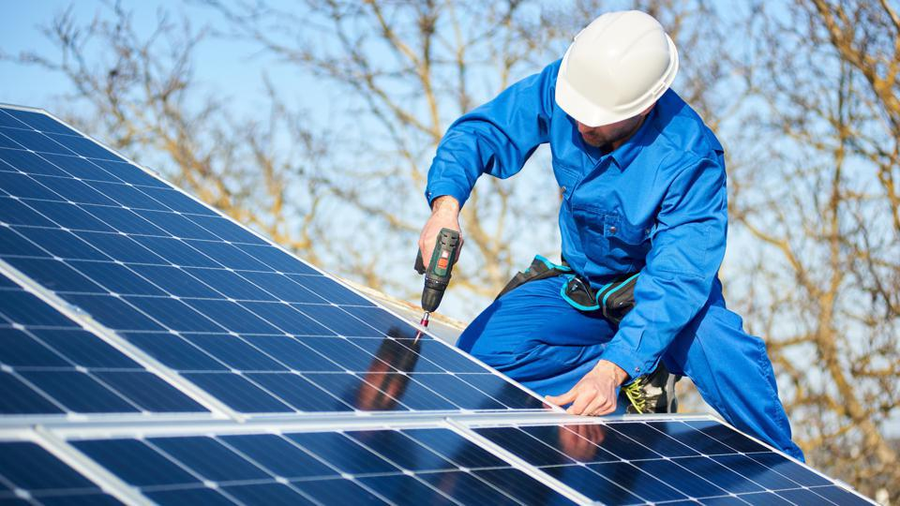In a world increasingly conscious of environmental concerns and the need for sustainable energy sources, solar power has emerged as a prominent solution. However, it’s natural to have questions about harnessing the sun’s energy. In this article, we’ll delve into 15 frequently asked questions (FAQs) about solar energy, addressing everything from its benefits to installation and maintenance.
What Is Solar Energy?
Solar energy is derived from the sun’s radiation and converted into electricity or thermal energy using photovoltaic cells. It’s a clean, renewable source of power that can be harnessed through solar panels.
How Does Solar Energy Work?
Solar panels contain photovoltaic cells that absorb sunlight and convert it into direct current (DC) electricity. An inverter then transforms DC into alternating current (AC) for use in homes and businesses.
What Are the Advantages of Solar Energy?
- Sustainability: Solar energy is abundant and renewable, reducing our reliance on fossil fuels.
- Cost Savings: Solar panels can significantly lower electricity bills over time.
- Environmental Benefits: Solar power reduces carbon emissions, helping combat climate change.
What Are the Types of Solar Panels?
Common types include monocrystalline, polycrystalline, and thin-film solar panels, each with its unique characteristics and efficiency.
How Long Do Solar Panels Last?
Solar panels typically have a lifespan of 25-30 years, with many manufacturers offering warranties to ensure performance.
What Factors Affect Solar Panel Efficiency?
Efficiency can be impacted by factors such as shading, dust, and the angle and orientation of the panels towards the sun.
Is Solar Energy Suitable for My Location?
Solar energy can be harnessed in most regions, but the effectiveness varies based on sunlight availability. It’s essential to assess your location’s solar potential.
How Is Solar Energy Installed?
Solar panel installation involves mounting panels on rooftops or the ground, connecting them to an inverter, and hooking up to your electrical system.
What Is Net Metering?
Net metering allows solar panel owners to earn credits for excess energy generated, which can be used when the panels aren’t producing enough power.
Are There Government Incentives for Solar Installation?
Many governments offer tax credits, rebates, and incentives to encourage solar adoption, making it more affordable for homeowners and businesses.
What Maintenance Do Solar Panels Require?
Routine maintenance includes cleaning, checking for damage, and ensuring proper electrical connections.
Can Solar Panels Withstand Extreme Weather?
Solar panels are designed to withstand harsh weather conditions, including hail and heavy snow, and are usually covered by warranties for such events.
What Happens During Power Outages?
Solar panels alone won’t provide power during outages unless combined with energy storage solutions like batteries.
Is Solar Energy a Good Investment?
Solar panels often pay for themselves within a few years through energy savings, making them a wise long-term investment.
How Can I Get Started with Solar Energy?
To begin your solar journey, consult with a reputable solar installation company to assess your needs and explore financing options. Take the first step towards a greener, more sustainable future.
Conclusion
Solar energy is not only environmentally friendly but also financially advantageous in the long run. By understanding these FAQs, you can make informed decisions about harnessing the power of the sun. Join the solar revolution today!




